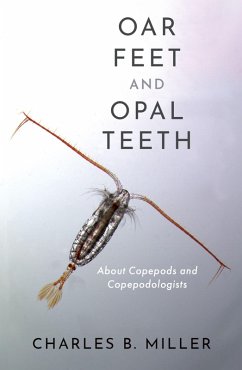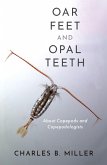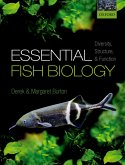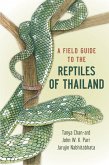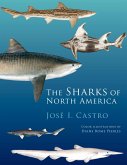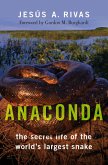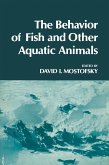Oar Feet and Opal Teeth is about free-living copepods and the copepodologists who study them. Copepods are a subclass of the arthropod class Crustacea. They act as dominant herbivores and small predators in the planktonic ecosystems of oceans, estuaries, and lakes. Copepods are likely the largest assemblage of complex animals on earth. These strikingly beautiful small crustaceans are of wide ecological significance and as complex and precisely adapted as insects. Yet few biologists and others interested in animals are familiar with them. In
Oar Feet and Opal Teeth, Charles B. Miller introduces these small crustaceans and the scientists devoting their careers to revealing their biology. In twenty-one chapters, Miller details the defining features and general biology of copepods. They typically have four or five pairs of oar-like feet to drive escape jumps. Teeth on mandible extensions are formed with siliceous minerals akin to opal. The first two chapters of the book closely examine the oar feet and mouth parts. Subsequent chapters describe internal anatomy, taxonomy, and many aspects of copepod natural history. Recent evolutionary insights about them are reviewed; those are based on molecular genetics and reach back to the Cambrian explosion.
Oar Feet and Opal Teeth includes over twenty biographical sketches of copepodologists from the mid-twentieth century to the present. Among them, Russell Hopcroft, a premier photographer of plankton, has full-color copepod images featured throughout the book. Jeannette Yen learned how Euchaeta marina detects prey and studies how ready-for-mating copepods find each other. Shinichi Uye of Hiroshima University studied the production by copepods of resting eggs and their delayed development. Grace Wyngaard is studying the special embryonic cell-divisions of some lake copepods for eliminating "junk DNA." Miller based most of the profiles featured in the book on personal interviews he conducted.
Dieser Download kann aus rechtlichen Gründen nur mit Rechnungsadresse in A, B, BG, CY, CZ, D, DK, EW, E, FIN, F, GR, HR, H, IRL, I, LT, L, LR, M, NL, PL, P, R, S, SLO, SK ausgeliefert werden.

